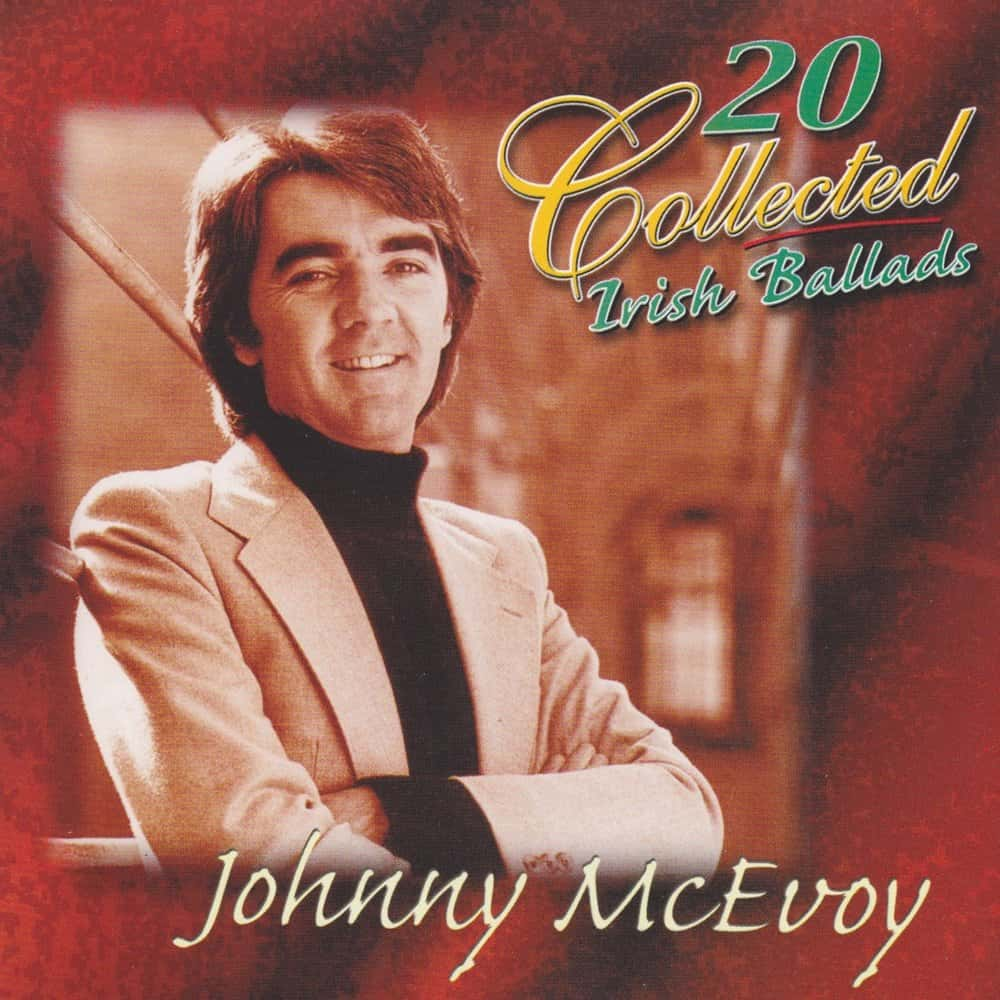
Echoes of Rebellion and Longing: A Journey Through “The Boston Burglar”
Johnny McEvoy’s haunting rendition of “The Boston Burglar” weaves a tale of a life lived on the fringes, a mournful ballad of a man caught between the allure of freedom and the cold reality of consequence. At its core, the song is a reflection on the choices we make and the paths we tread, a stark reminder of the price of defiance and the yearning for redemption. While specific chart positions for this traditional folk song, as performed by Johnny McEvoy, are not readily available in the same way as contemporary pop hits, its enduring popularity within the folk and Irish music scenes speaks to its profound impact. This is a song that transcends fleeting trends, finding its home in the hearts of those who understand the weight of a wandering soul.
Johnny McEvoy, a name synonymous with Irish folk music’s most evocative voices, brought this timeless ballad to a new generation. While the song itself predates him, a traditional piece passed down through generations, his interpretation lends it a particularly poignant air. He didn’t just sing the words; he inhabited the character, breathing life into the burglar’s lament with a depth of feeling that resonates even today. The original ballad, often found within broader collections of traditional folk songs, tells the story of a man who, after years of criminal activity, finds himself imprisoned and reflecting on his misspent life. It’s a narrative that speaks to the universal themes of regret, the fleeting nature of ill-gotten gains, and the stark reality of facing the consequences of one’s actions.
The song’s power lies in its ability to transport the listener to a time when life was often harsh and unforgiving, when the line between survival and transgression was blurred. The burglar’s narrative, though specific to his circumstances, touches upon a deeper human truth: the struggle to find meaning and purpose in a world that often seems indifferent to our plight. McEvoy’s rendition, with its simple yet powerful arrangement, allows the lyrics to take center stage, drawing the listener into the burglar’s world with an almost unnerving intimacy. His voice, imbued with a gentle melancholy, carries the weight of the character’s regret, making us feel his pain as if it were our own.
For those of us who remember the era when folk music filled the airwaves, when stories were told through song, “The Boston Burglar” evokes a sense of nostalgia for a simpler time. It reminds us of evenings spent around a fire, listening to tales of hardship and resilience, of love and loss, of the enduring human spirit. It’s a reminder of a musical landscape where authenticity reigned supreme, where the power of a song lay not in its flashy production but in its ability to connect with the listener on a deeply emotional level.
McEvoy’s contribution to the Irish musical heritage is undeniable, and his interpretation of this classic ballad stands as a testament to his artistry. In a world increasingly dominated by fleeting trends and manufactured sounds, “The Boston Burglar” remains a timeless reminder of the enduring power of a well-told story and a heartfelt performance. It’s a song that lingers in the memory, a haunting melody that echoes the universal human experience of longing, loss, and the eternal search for redemption. It is a song that, in its simplicity, carries the weight of ages, and in Johnny McEvoy’s hands, it becomes a poignant reflection on the human condition.